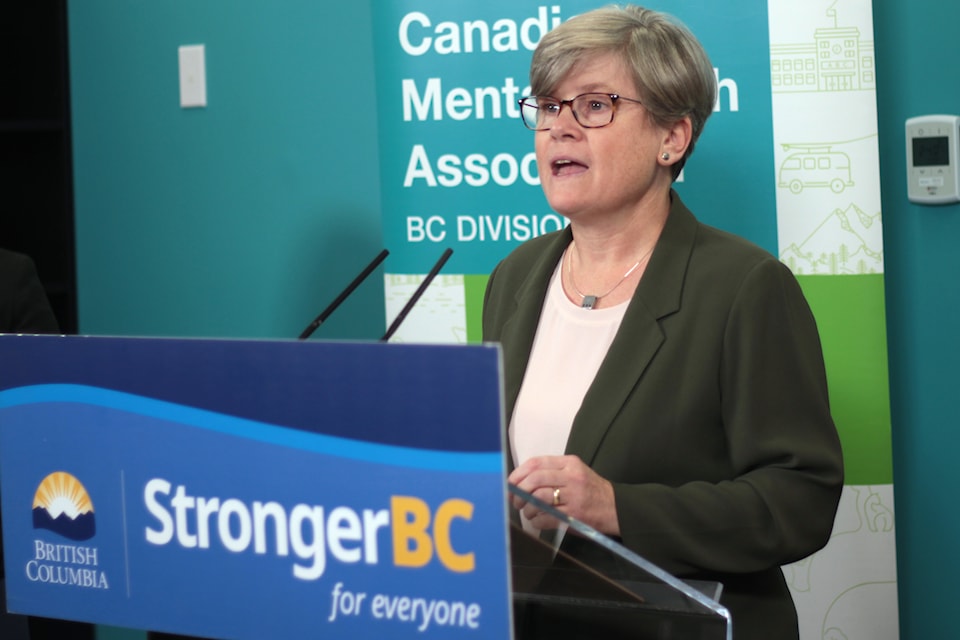Audit finds ODOT culture lacks accountability, strategic vision
Published 8:00 am Monday, January 30, 2017

- TRIBUNE FILE PHOTO - An audit of Oregon Department of Transportation's management system was released Monday. Legislators spent nearly $1 million for a consultant to review the agency after criticism of its management.
SALEM — A long-awaited performance audit of the Oregon Department of Transportation found the agency has a familial culture that is lacking in dissent and accountability and needs a clearer and more coordinated strategic vision for its future.
“There is no uniform clarity at the senior level, or with governing bodies, on priorities and the metrics to track achieving them,” the consultants with New York-based McKinsey & Co. wrote in a report on their findings.
Yet, overall, the consultants ranked ODOT’s organizational health as better than average, compared with other western states.
The audit is intended to ensure ODOT is prepared to effectively manage a potential transportation package that state legislators could approve later this year.
That legislation — one of Gov. Kate Brown’s priorities as governor — could hike gas taxes and fees on drivers and funnel hundreds of millions of dollars in additional funding to ODOT.
The state in September awarded a nearly $1 million contract to McKinsey & Company to conduct the long-awaited review.
The consultants found that the culture of ODOT management was like a family, only one without dissent. More self-criticism could help ODOT improve its performance, the consultants found.
“Only 44 percent of employees agree that leadership consistently offers a critical perspective. Interviews with senior management supported these findings,” according to the report. “There were no example of individuals who considered themselves a ‘dissenting voice.'”
ODOT management performed poorly in laying out a shared vision with strategic clarity, as well as in setting performance standards to achieve that vision, according to the consultants.
“Furthermore, organizational standards, such as operational goals … are deployed inconsistently, leaving ODOT without clear standards to direct how the organization should operate most effectively,” they wrote.
While ODOT does a good job in creating clear roles and responsibilities, and recognizes good performance in non-financial ways, it could do more to reward employees and hold them accountable, with more of an emphasis on results, according to the report.
It quoted several employee comments gathered during a survey, including “We need to ensure accountability for performance and behavior problems … High-level mangers can talk the talk, but poor performers and poor behavior is still tolerated … Good employees currently work hard through internal motivation and personal dedication to high quality service, not because the agency rewards them.”
The consultants found that clear roles and responsibilities for the Oregon Transportation Commission, which oversees ODOT policy, and other governing bodies also were “inconsistently and vaguely defined, particularly in the areas of governance, strategy, and performance management, partly due to ambiguous charters and interpretation.”
The agency received good marks from the consultants for engaging people who have interest in transportation projects, including local governments, lobbyists and the public, in project development.
“I am very pleased with the outcome,” ODOT Director Matt Garrett wrote in an email to staff. “The report paints the picture of a strong, high-performing government agency that, like all organizations, has opportunities to improve, and it gives concrete advice on how we can do so.”
Garret noted that the report “calls out ODOT’s supportive and collaborative leadership style as a strength and suggests complementing that approach with a more directive and challenging management style.”
The findings were based on interviews with management, experts, interest groups and surveys, including a survey of more than 2,700 ODOT employees. ODOT’s performance on several indicators were compared with other western states with departments of transportation of similar size and found to generally perform better than average. The states used for comparison were Arizona, California, Colorado, Idaho, Nevada, Utah and Washington.
The next step is for the Department of Administrative Services to take the findings and options and turn them into concrete recommendations to deliver to the governor, the Oregon Transportation Commission and the Legislature, said Matt Shelby, a DAS spokesman.
“These are McKinsey’s complete set of findings; this report concludes the bulk of McKinsey’s work,” Shelby said.
“As we work to develop the recommendations, we still have McKinsey on contract and will work in consultation with McKinsey to develop the recommendations, but the recommendations themselves will be coming from DAS,” Shelby said.
The 69-page report was released Monday to the EO Media Group/Pamplin Media Group Capital Bureau in response to a public records request for the document.
The final report, with recommendations by DAS, is set to be complete Feb. 28.
Portland Tribune reporter Nick Budnick contributed to this report.





